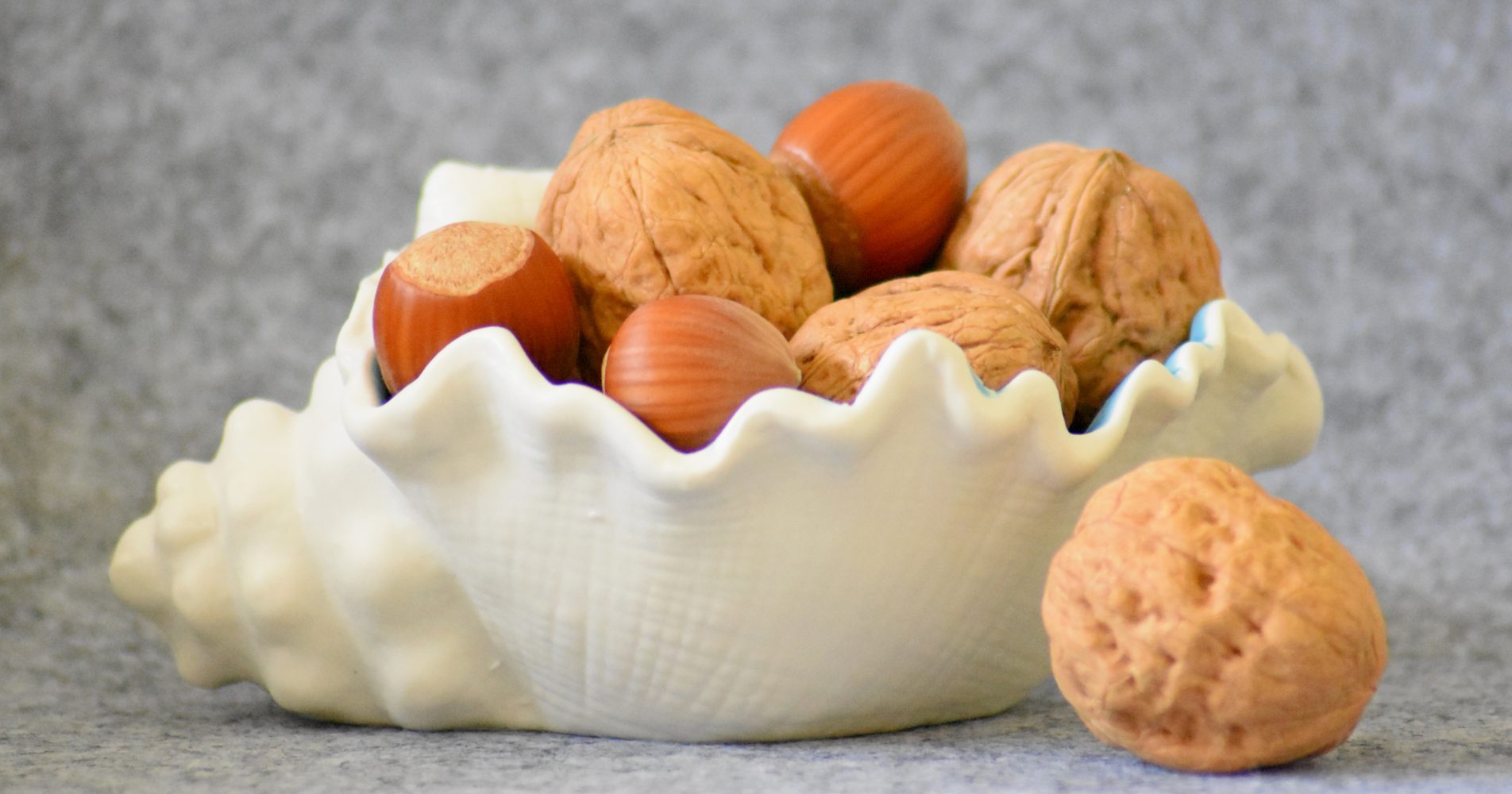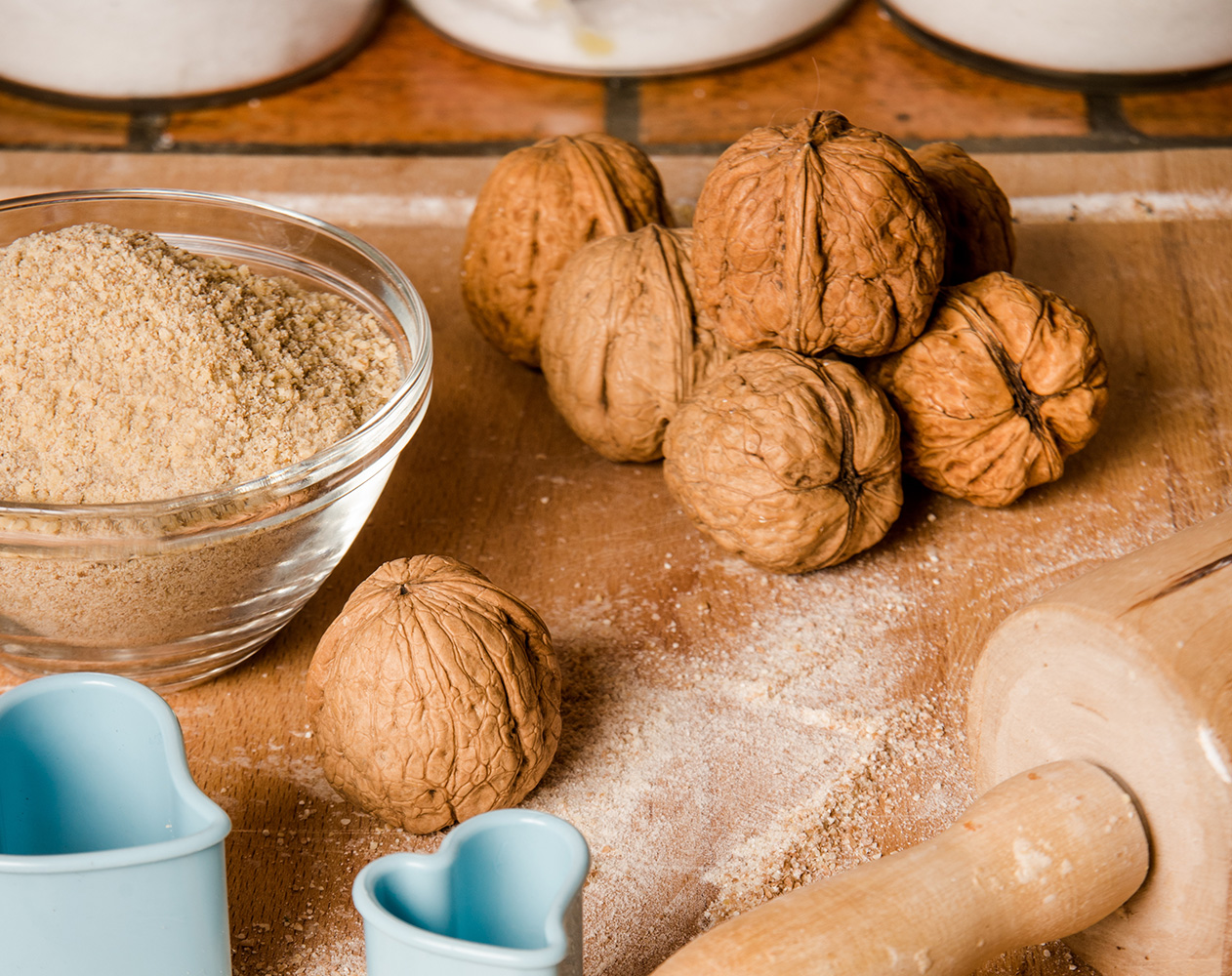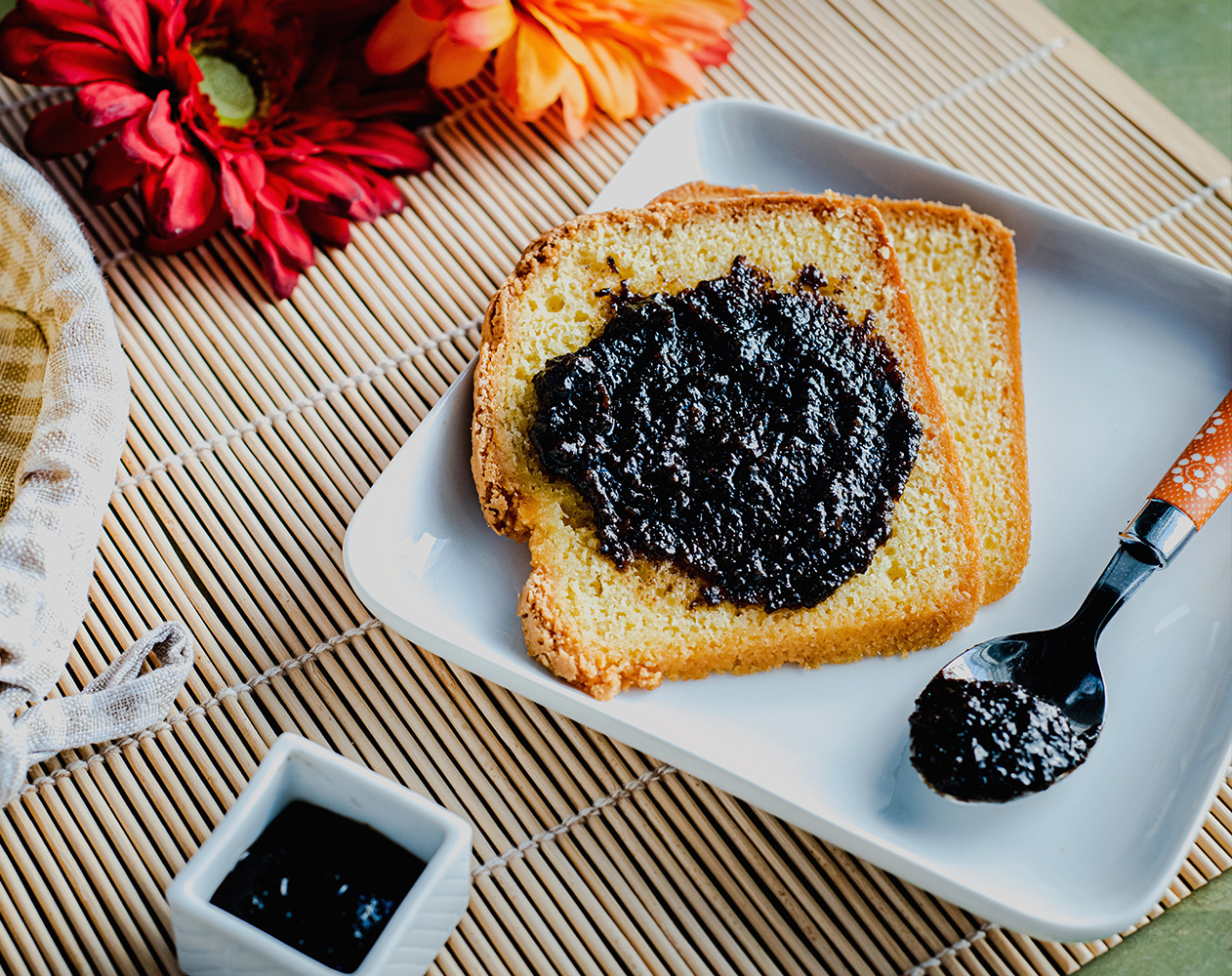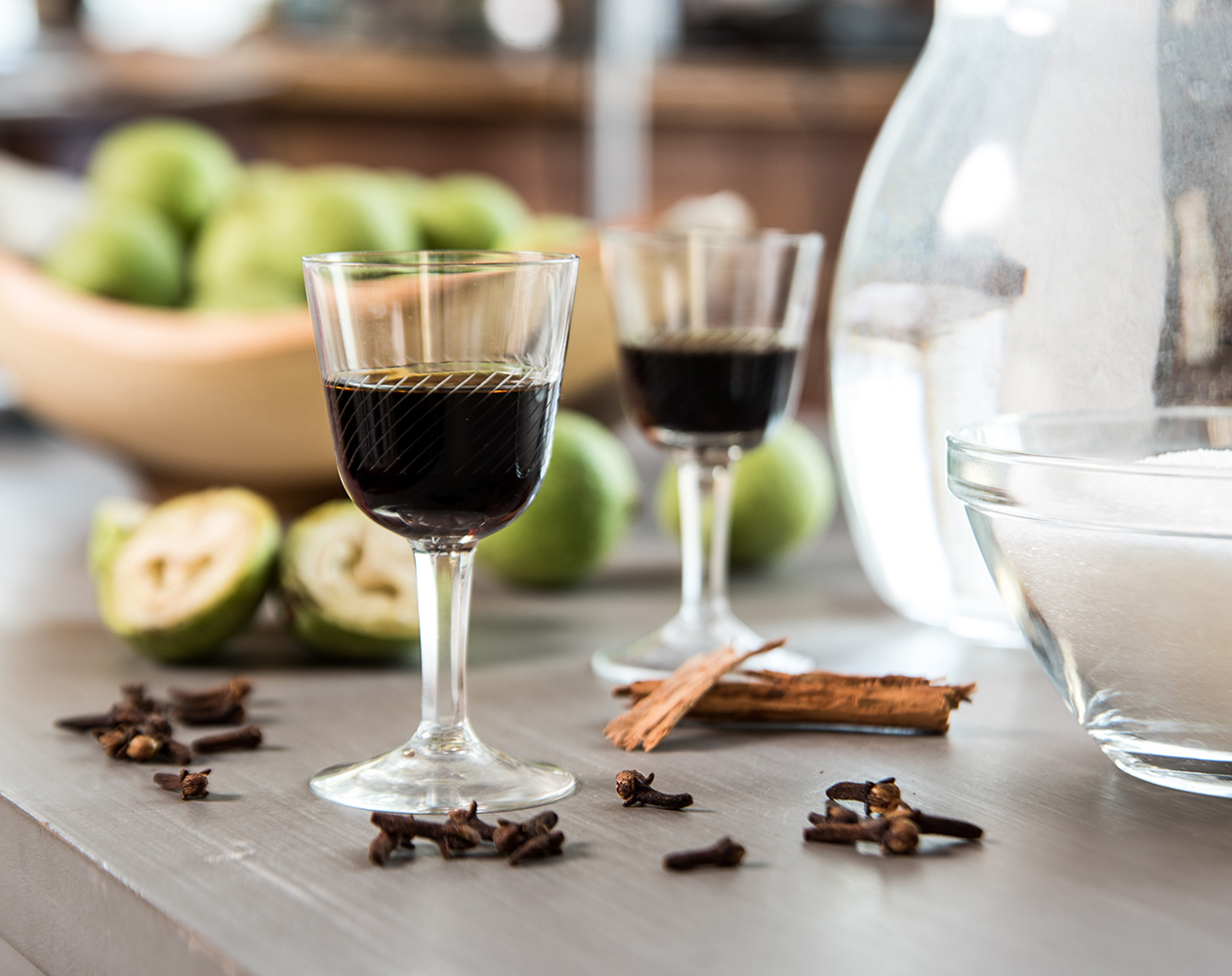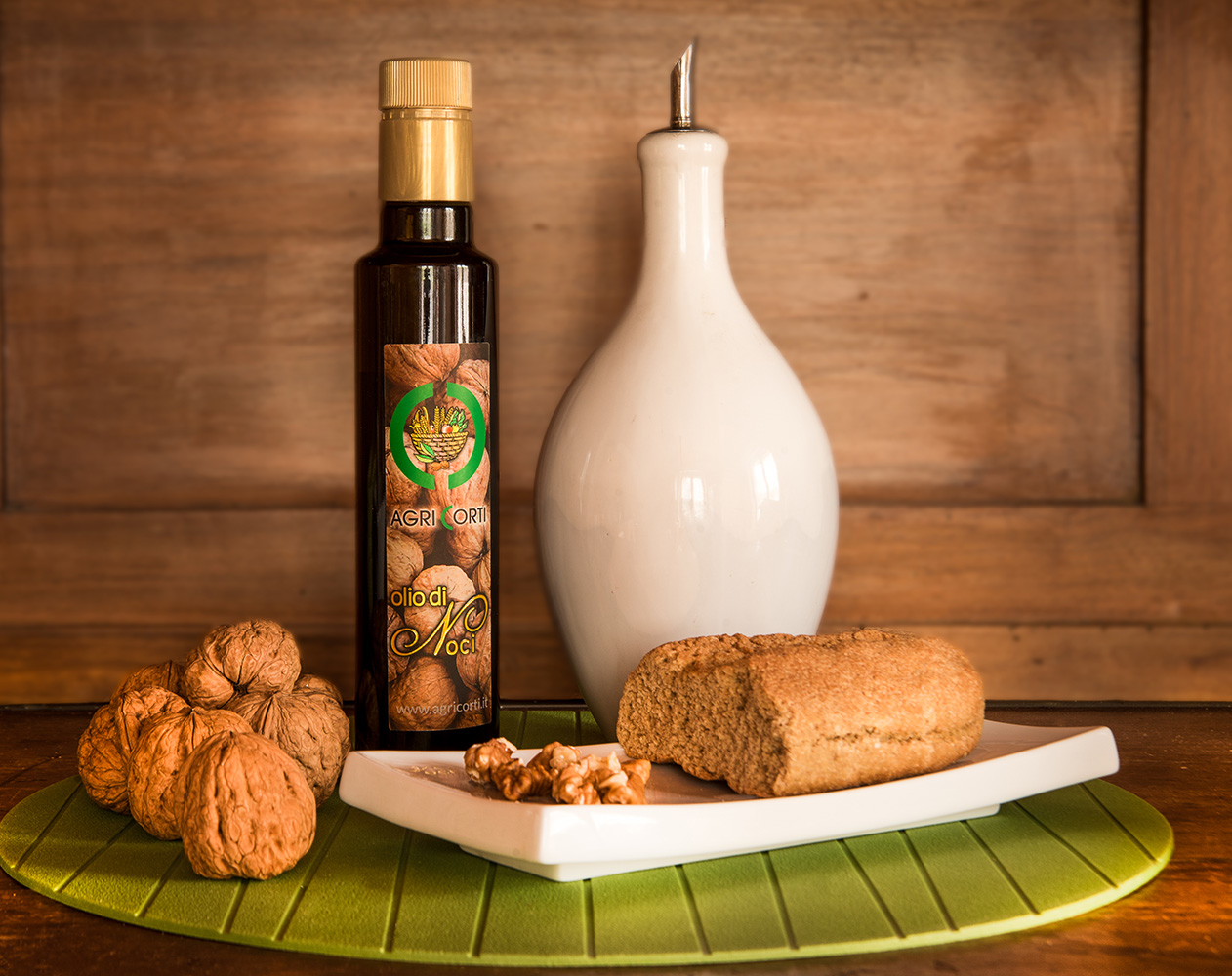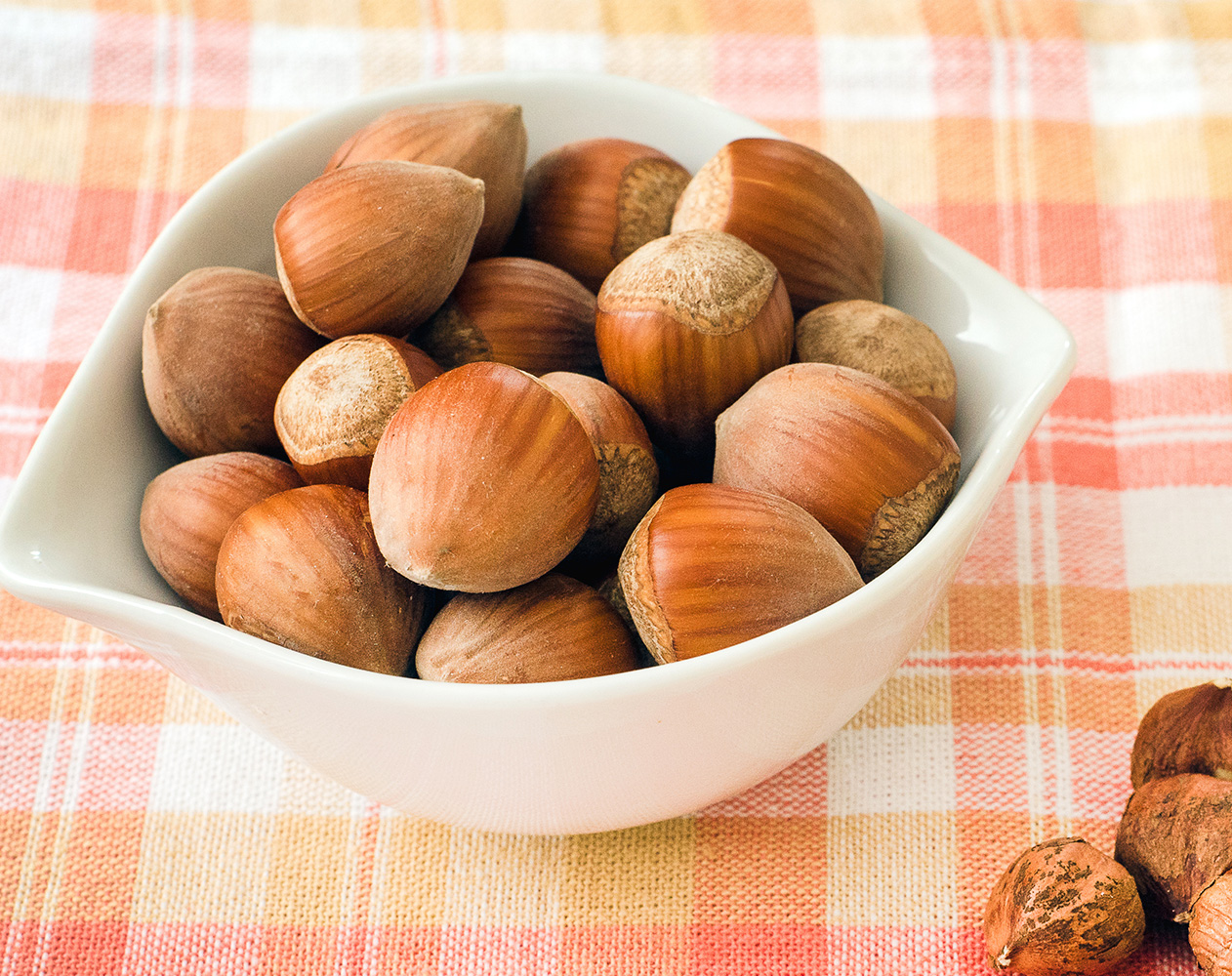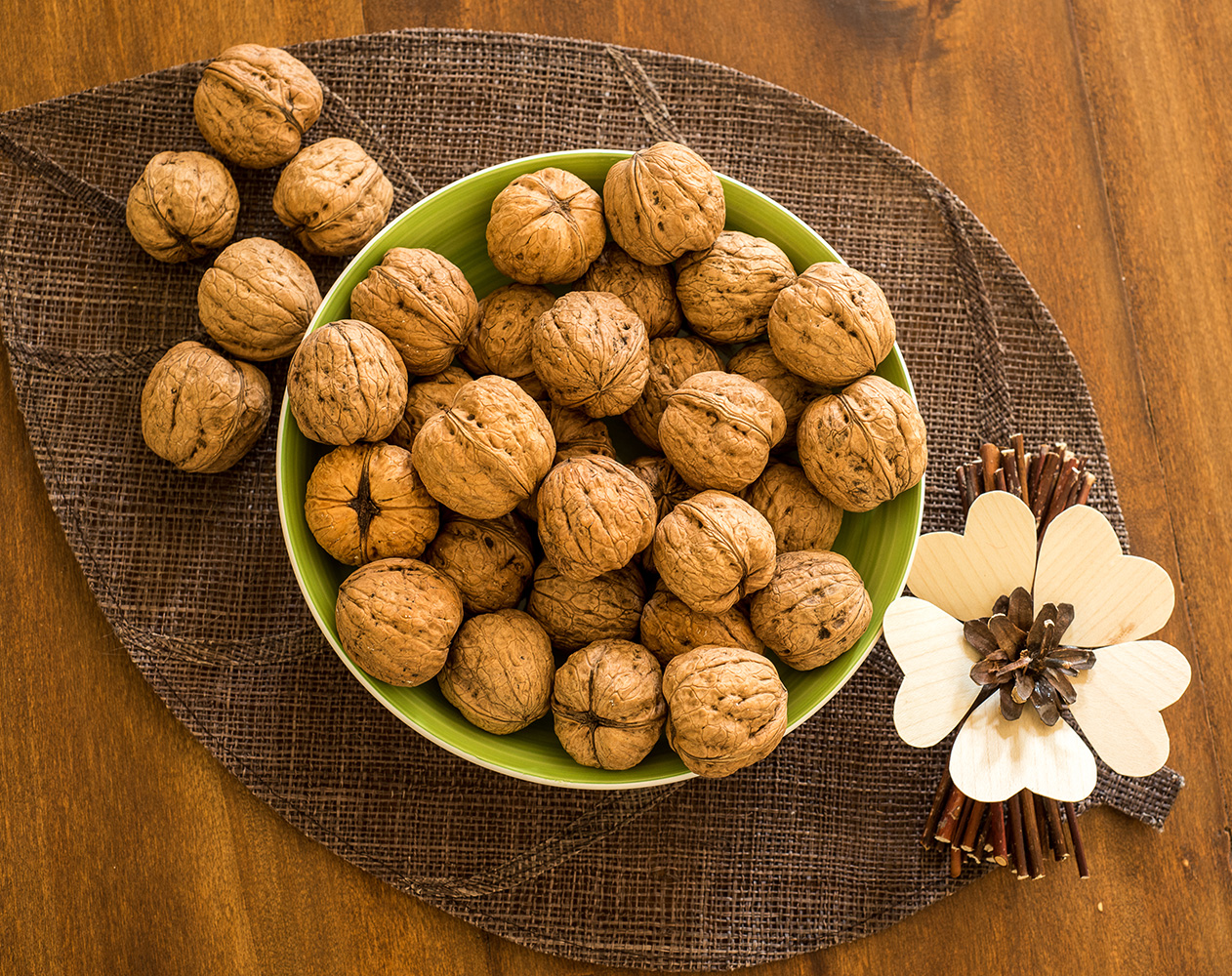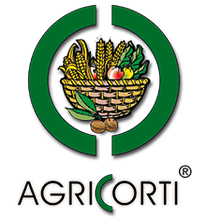Dried fruit in the diet of sports enthusiasts
A lot is said about dried fruit, how it is good for you, what properties it possess and its importance in the diet.
Different foods are normally called “dried fruit”, however, which belong to two distinct categories
:
- Dried fruit containing carbohydrates (or dehydrated fruit): apricots, prunes, raisins, dates, etc.
- Dried fruit with fats (oily): walnuts, almonds, hazelnuts, cashew nuts, etc.
The main characteristic of this type of food are the unsaturated fats and insoluble fibres.
For example, walnuts contain omega-3, lower cholesterol and improve skin quality, while hazelnuts are rich in phytosterols and are a good source of vitamin E.
If you do a sport, eating dried fruit is recommended both in fairly low-calorie diets, if you you need to gain weight, above all for snacks or in the meal before going to bed, in a moderate quantity.
Bear in mind that dried fruit is very high in calories: in oily ones, the calories derive mainly from fats, while in the dehydrated version, they come from carbohydrates.
If you consider oily dried fruit as substantially a source of fats, therefore, it better to avoid it around your training sessions, unless it is just a small quantity; in the before and/or after workout period, it is better to consume carbohydrates and proteins.
Don’t forget, however, that dried fruit can prove to be a good way to integrate minerals and vitamins after an intense workout.
There should always be dried fruit in a varied and balanced diet, because of its vitamin and mineral content and because it is good for your health.
Precisely for this reason, the advice is to include it in your diet, without overdoing it, both if you do physical activity to keep fit or if you are a body-builder looking for the best body shape: dried fruit can help in both cases and in a balanced diet.
Bibliography
- Aragon A. & Shoenfoeld BJ (2013). “Nutrient timing revisited: is there a post-exercise anabolic window?” J Int Soc Sports Nutr.
- Baty JJ, Hwang H., Bernard JR, Wang B., Kwon B., Ivy JL (2007). “The effect of a carbohydrate and protein supplement on resistance exercise performance, hormonal response, and muscle damage”. J Strength Cond Res.
- Campbell & Spano (2011). “NSCA’s Guide to Sport and Exercise Nutrition”. Human Kinetics.
- Pastor R. Tur JA (2019). “Response to exercise in older adults who take supplements of antioxidants and/or omega-3 polyunsatured fatty acids: a systematic review”. Biochem Pharmacol.
- Philpott JD, Witard OC, Galloway SDR (2019). “Application of omega-3 polyunsatured fatty acid supplementation for sport performance.” Res Sports Med.



 0131.887213
0131.887213 Carrello
⟨0⟩
Carrello
⟨0⟩





